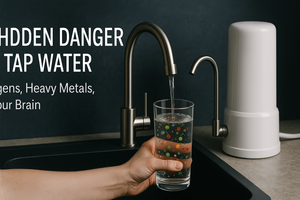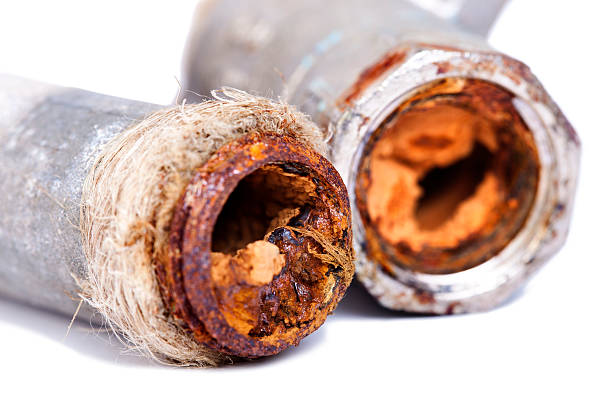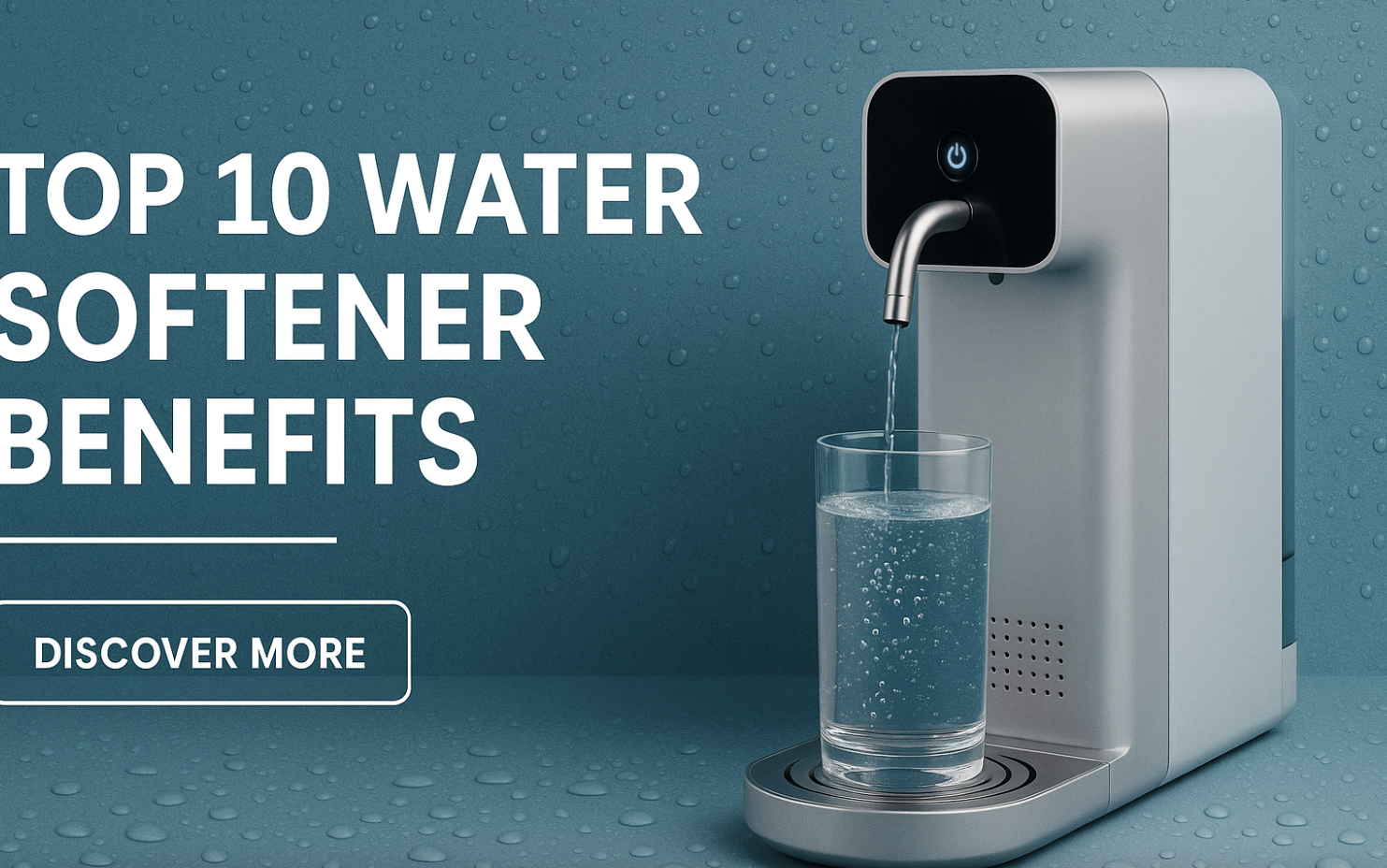When we think of clean water, we often picture a crystal-clear stream flowing through a forest or a refreshing glass on a hot day. But not all water is created equal—and what’s flowing from your tap might be doing more harm than good. That’s where water softeners come in.
As someone passionate about health and hydration, I believe it’s essential to understand how water affects our bodies, our homes, and even our wallets. Water softeners are a hot topic in the water filtration world, and today we’re diving into their true value.
What Is a Water Softener?
A water softener is a filtration system designed to remove minerals like calcium and magnesium that cause water hardness. Hard water isn’t dangerous, but it can cause long-term issues—both physically and financially.
Let’s break down the advantages and disadvantages of using a water softener, so you can make the best decision for your home and health.
Advantages of a Water Softener
1. Healthier Skin and Hair
Hard water can dry out your skin and leave your hair feeling dull and brittle. A softener helps preserve your skin’s natural oils, making your skin smoother and your hair shinier.
2. Extended Appliance Life
Hard water causes scale build-up in water heaters, coffee makers, washing machines, and dishwashers. A water softener helps protect these investments by preventing damage, reducing repair costs, and improving efficiency.
3. Better Soap Performance
Soft water allows soaps and detergents to lather more effectively. That means cleaner laundry, spotless dishes, and less soap scum in your sinks and bathtubs.
4. Less Scale = Cleaner Plumbing
Calcium deposits in hard water can clog pipes and reduce water pressure. A softener keeps your plumbing cleaner, extending the lifespan of your entire water system.
5. Cost Savings Over Time
From reduced energy bills to less frequent repairs and cleaning products, soft water can save you serious money in the long run.
Disadvantages of a Water Softener
1. Adds Sodium to Water
Traditional salt-based softeners replace calcium and magnesium with sodium. This could be a concern if you’re on a low-sodium diet or sensitive to sodium intake. (Tip: consider a salt-free water softener if this is a concern.)
2. Not a Full Filter System
Water softeners don’t remove contaminants like bacteria, heavy metals, or chemicals. They’re great for reducing hardness, but for truly clean, safe drinking water, pair it with a whole house water filter or drinking water filtration system.
3. Regular Maintenance Required
Salt-based systems need to be refilled periodically and may require servicing. If neglected, their effectiveness can drop.
4. Environmental Impact
Discharging salt into the environment can be a concern in areas with poor drainage or fragile ecosystems. Salt-free options may be more eco-friendly.
The Alternative: Plug-and-Play Water Filters
This is where modern countertop or under-sink water filters shine. These units, which look similar to a coffeemachine, connect directly to your water system and deliver fresh, pure drinking water — on demand.
Here’s what you get:
• 🚰 Real purification: Removes chlorine, lead, bacteria, PFAS, pesticides, and more.
• ⚡ No hassle: Easy plug-in setup, no plumber required.
• 🧊 Great taste: Pure, cold water that tastes just like bottled water — without the waste.
• 🌱 Sustainable: No salt, no plastic bottles, no energy drain.
• 💶 Cost-efficient: Long-term savings on bottled water, appliances, and health.
If you care about your body, your home, and the planet — this is the solution you’ve been looking for.
Final Thoughts
Water softeners have their place — but when it comes to your daily hydration and health, they’re not enough. What you really need is a water filter that actually filters.
So before you invest in expensive systems that don’t address what matters most, consider this: one countertop device, clean water, and peace of mind — from tap to glass.







Sarah —
What kind of substances need to be filtered out of the water for the perfect water?